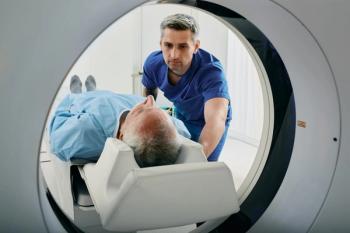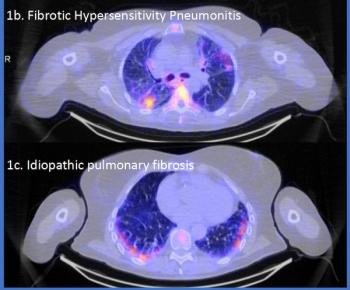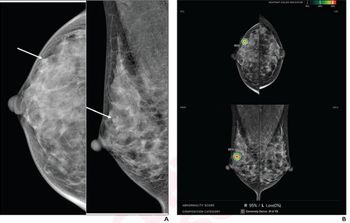
Chinese firm to build home-grown CT
A Chinese company has begun building low-priced CT scanners, which could compete in the country for sales with systems marketed by such multinational vendors as Shimadzu, GE, and Siemens. Shenyang Neu-Alpine Software has been granted permission by the
A Chinese company has begun building low-priced CT scanners, which could compete in the country for sales with systems marketed by such multinational vendors as Shimadzu, GE, and Siemens. Shenyang Neu-Alpine Software has been granted permission by the State Pharmaceutical Administration Commission to begin mass production of CT scanners, according to Comline Computer Wire. The company is believed to be the first Chinese firm manufacturing its own CT scanners, according to sources familiar with the Chinese market.
The company plans to win market share by selling its scanners at a considerable price discount compared with products marketed by importers. Neu-Alpine Software's scanners will list at $192,700, while imported machines cost around $360,000, according to Comline. The company plans to manufacture 100 CT scanners annually.
Although the company's scanners will enjoy a major price advantage, Chinese companies do not have a stellar record in producing complex medical imaging machinery. Chinese manufacturers have been competing in MRI since the early 1990s, but have not taken a substantial share of the Chinese market, according to observers.
Newsletter
Stay at the forefront of radiology with the Diagnostic Imaging newsletter, delivering the latest news, clinical insights, and imaging advancements for today’s radiologists.















